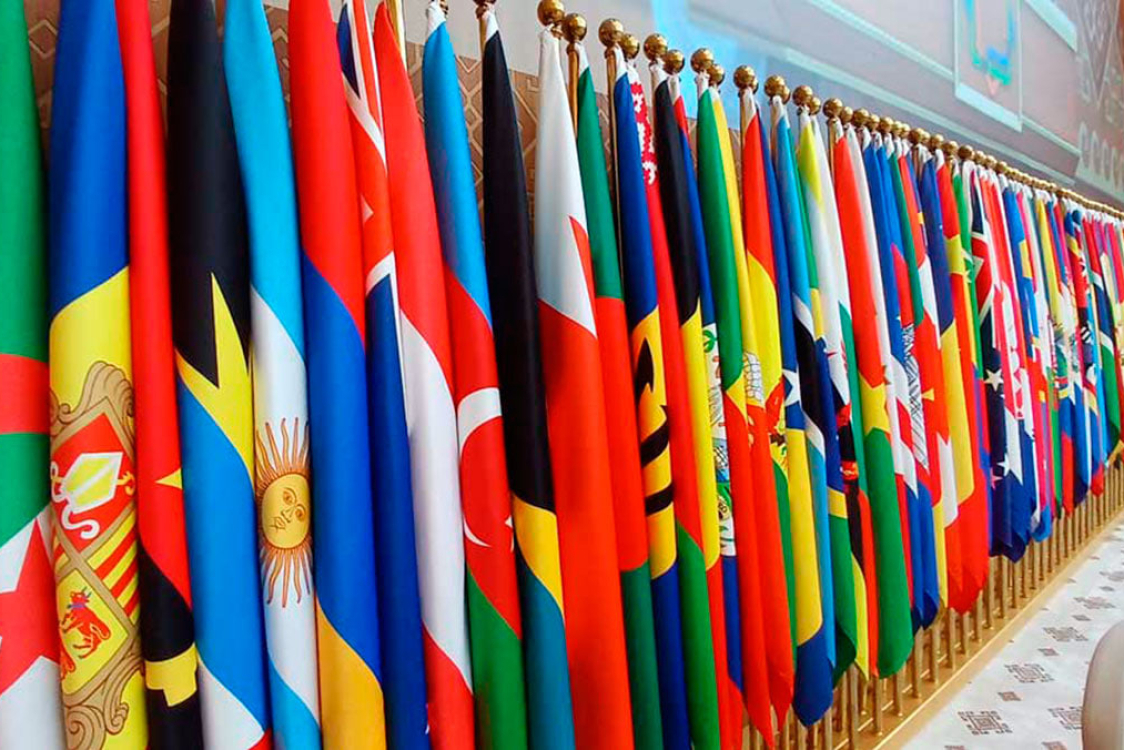
Today, in the ‘Avaza’ National Tourist Zone, as part of the Third United Nations Conference on Landlocked Developing Countries, a ministerial meeting was held on the development of South-South cooperation. This was reported by TDH.
The South-South format brings together mainly developing countries in Asia, Africa, Latin America and Oceania, based on the principles of mutual respect, equality, solidarity and mutual benefit. It serves as an example of effective partnership, promoting the exchange of experience, technology and joint solutions to development challenges.
The participants emphasised that South-South cooperation covers a wide range of areas, from agriculture, industry and energy to science, education, health and infrastructure. This format allows countries to exchange best practices, develop joint projects, strengthen food security and accelerate the introduction of sustainable technologies.
A distinctive feature of the partnership is the adaptation of solutions to the national conditions of countries with similar levels of development and economic structure. This approach contributes to the formation of effective growth models, the strengthening of regional integration and the expansion of trade links, creating a foundation for sustainable economic development.
In the context of globalisation, the importance of South-South cooperation is constantly growing, turning developing countries into active and equal participants in the global economy. International organisations, including the United Nations Conference on Trade and Development, as well as regional associations, play an important role in coordinating such initiatives.
The meeting focused on issues of access to modern technologies and know-how, digitalisation and innovation. Participants noted that the creation of comprehensive strategies and an effective legal framework for digital transformation is a prerequisite for structural reforms, strengthening economic resilience and accelerating development in the Global South.













 Read us in Zen
Read us in Zen



